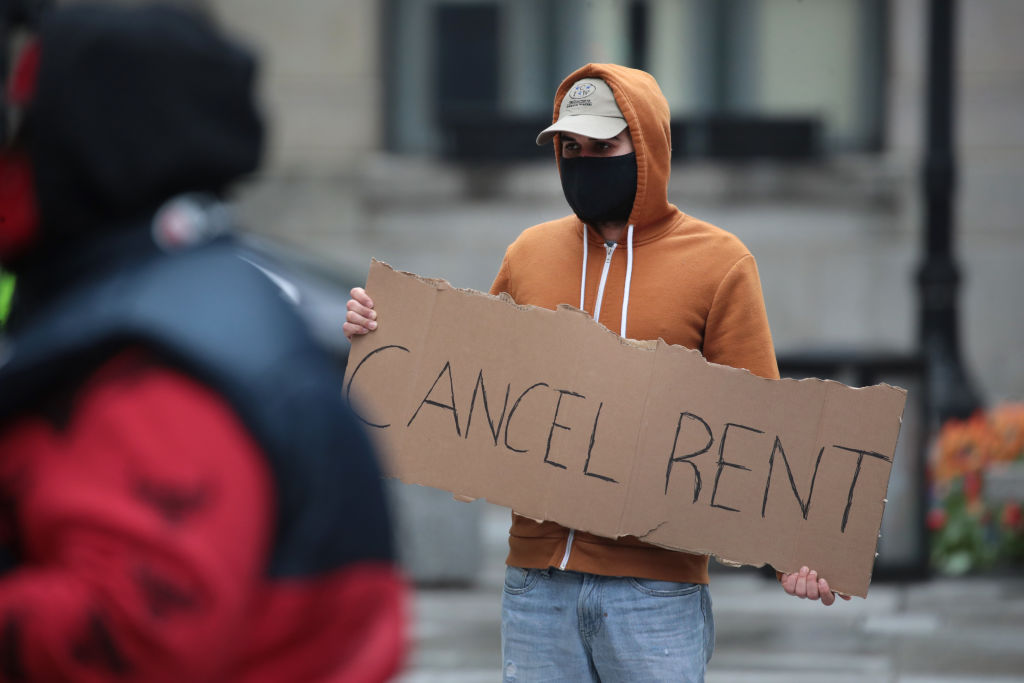With GCSEs out of the way, we didn’t have to wait long for the next campaign to make out the Tories to be a bunch of heartless monsters – and for the Tories to fold. This one revolved around the temporary ban on evictions for tenants of privately-rented properties, which was due to come to an end on Monday but has now been extended for a month. Shadow house secretary Thangam Debbonaire took to Twitter this morning to denounce it as an ‘extraordinary thing to do’, to lift the ban when so many people are facing problems paying their rent.
That there are a great number of tenants in financial difficulty is clear. According to the charity Shelter, 227,000 private tenants have fallen into arrears with their rent. Many of these will have lost their income through no fault of their own. But is a blanket ban on eviction really the best way to deal with this problem, or is it to be a matter which would be better dealt with through the welfare system?
The problem with a blanket ban on evictions is that it prevents landlords removing tenants for any reason, including antisocial behaviour, trashing a property – and refusing to pay the rent even when the tenant does have plenty of money. Any of us could have signed a tenancy agreement back in March, be it on a one bedroom flat or an eight bedroom house. We could then have stopped paying the rent in April, thrown wild drugs parties, pulled a few washbasins off the wall – and there would not be a thing that our landlord could do to evict us. The eviction ban might have made some sense during lockdown when the housing market was suspended and we were all ordered to remain at home, but it is a blunt instrument which is just inviting tenants to take advantage of the situation and live for free.
Since time immemorial landlords have been a favourite bogeyman of the left. The Guardian, once again showing that it is quite happy descending into prejudice when it suits it, quotes an aggrieved renter moaning that ‘landlords and humanity do not go hand in hand’. Yet landlords are far from the top-hatted 19th century rent-seekers whom some on the left still popularly imagines them to be. According to a study by the Ministry for Communities and Local Government last year, 94 per cent of buy-to-let properties are owned by individuals rather than corporations. On those individuals, 45 per cent own just one rental property. One in three are retired, 59 per cent are aged over 55 and 44 per cent of them bought the property to boost their pension. The median gross income for buy-to-let investors is £15,000 a year (make that £10,000 after costs) and it accounted for 42 per cent of the landlord’s total income.
In other words, landlords are not, on the whole, a wealthy group. They are people who have struggled to save for retirement, and who have settled on property investment because they believe it to be safer than investing in shares. In many cases they will be less well-off – certainly in terms of income – than their tenants. The government should by all means help tenants who have found themselves in temporary problems paying their rent, but to expect their landlords to bail them out risks impoverishing another group of individuals who are far from well-off.







Comments